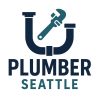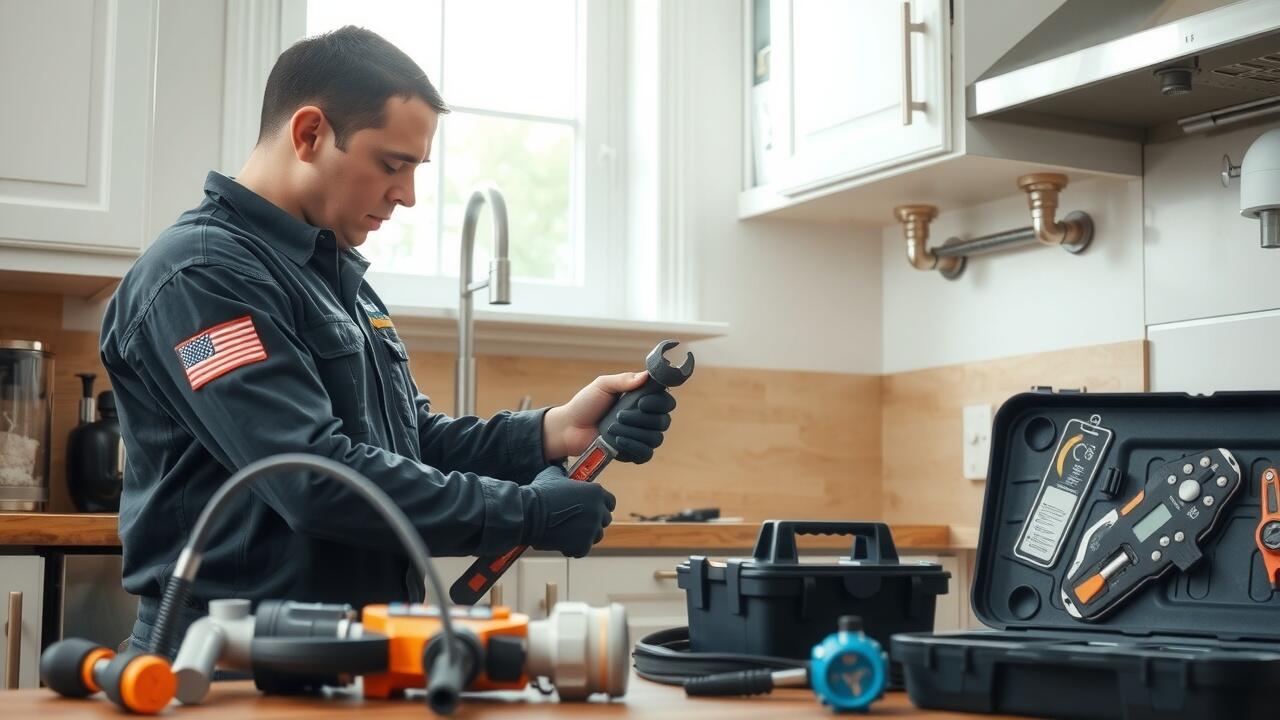Assessing the Severity of a Leak
Determining the severity of a water leak requires careful observation of both visible and hidden signs. Homeowners should inspect areas around plumbing fixtures, ceilings, and walls for water stains or dampness. Mold growth can also be an indicator of prolonged moisture exposure, pointing to a potentially serious issue. Staying vigilant for signs such as increased water bills or unexplained musty odors can help identify problems early. Knowledge of these signs is critical, as timely leak detection and repair can prevent extensive damage to the property.
Another essential aspect of assessing a leak’s severity is understanding its location and impact on the surrounding environment. Leaks in high-pressure areas or near electrical systems present immediate safety concerns. Depending on the leak’s source, it may lead to structural damage or health risks. Homeowners should consider seeking professional advice if they suspect a major leak. A thorough inspection can provide crucial insights into the urgency of the situation and the best course of action for leak detection and repair.
Signs You Need Immediate Assistance
Recognizing the signs of a serious water leak is crucial in preventing extensive damage to your home. If you notice damp spots on walls or ceilings, a sudden increase in your water bill, or the sound of running water when no fixtures are in use, it may indicate a leak that requires immediate attention. Water stains can often spread quickly, leading to mold growth and structural issues if left unaddressed. Prompt action can mitigate these risks.
In cases where you detect a musty odor or hear unusual sounds from your plumbing, it’s essential to act swiftly. Leak detection and repair services can help identify the source of the problem, whether it’s a hidden pipe or a malfunctioning appliance. Early intervention not only saves you money in potential repairs but also minimizes the health risks associated with mold and mildew. Taking these signs seriously can lead to a safer and healthier living environment.
Preventative Measures for Future Leaks
Taking proactive steps can significantly reduce the likelihood of water leaks in your home. Regular inspections of plumbing systems, including pipes, faucets, and appliances, help identify wear and tear early on. Keeping an eye on any signs of corrosion or moisture buildup is essential. Additionally, ensuring that your gutters and downspouts are clean facilitates proper water flow away from your home, decreasing the risk of leaks due to water pooling.
Implementing a regular maintenance schedule is an effective way to prevent potential issues. Leak detection and repair services are beneficial in addressing minor leaks before they escalate into major problems. Installing water leak detectors can provide alerts for any unusual moisture levels, prompting immediate attention. Staying vigilant and responsive can make a significant difference in protecting your property from water damage.
Regular Maintenance Tips
Regular maintenance can significantly reduce the risk of water leaks in your home. Inspecting plumbing fixtures and appliances frequently helps catch issues before they escalate. Look for signs of corrosion, loose fittings, or damp spots on walls or ceilings. Pay attention to the water bills as any unexplained increase may indicate a leak. Implementing a schedule for these inspections can lead to timely leak detection and repair, ensuring that small issues do not become costly problems.
In addition to routine inspections, consider investing in technologies that enhance leak detection. Smart water monitoring systems can alert you to abnormalities in your water usage. These devices can provide real-time updates, allowing for quicker interventions if a leak is detected. Keeping an eye on outdoor hoses and irrigation systems is equally important. Regularly checking these areas will help ensure that every potential source of a leak is monitored and maintained.
Insurance Coverage for Water Leak Repairs
Homeowners insurance policies often include coverage for water damage resulting from leaks, but the specifics can vary significantly between providers. It is crucial to thoroughly review your policy to understand which types of leaks are covered. For instance, sudden and accidental leaks typically receive broader coverage, while issues stemming from maintenance neglect might not be included. Consultation with your insurance agent can clarify your coverage options and help determine what costs will be covered in the event of water leak repairs.
Leak detection and repair play a vital role in minimizing potential damage and associated repair costs. Regular inspections can identify leaks early, preventing more extensive damage and ensuring a smoother claim process if repairs are needed. Documenting any leaks and subsequent repairs can also aid in communicating with your insurance company, making it easier to substantiate your claims and avoid any disputes over coverage.
Understanding Your Policy
Understanding your insurance policy can significantly impact the financial burden associated with water leak repairs. Most homeowners’ insurance covers damages caused by sudden and accidental leaks, but this varies by policy. Familiarizing yourself with your coverage details is crucial. Review what types of leaks are covered, including items such as burst pipes or accidental overflow from appliances. Coverage often excludes damages stemming from wear and tear or neglect.
When it comes to leak detection and repair, many insurance policies require homeowners to take reasonable preventative measures to mitigate damage. This may involve regular inspections of plumbing systems and timely repairs of minor leaks before they escalate. Being proactive not only helps maintain the integrity of your home but may also ensure that you are eligible for claims should significant issues arise down the line. Always consult your policy documentation or speak with an agent to clarify any uncertainties regarding coverage specifics and limitations.
FAQS
What factors influence the cost of repairing a water leak?
The cost of repairing a water leak can vary based on factors such as the location of the leak, the extent of the damage, the materials needed for repairs, and labor costs in your area.
How can I identify if my water leak is covered by insurance?
To determine if your water leak is covered by insurance, review your policy for specific coverage details regarding water damage and leaks. It’s also helpful to contact your insurer for clarification on your coverage.
What are the typical signs of a water leak?
Common signs of a water leak include water stains on walls or ceilings, a sudden increase in water bills, mold growth, and the sound of running water when no taps are on.
Is it possible to prevent water leaks in the future?
Yes, preventive measures such as regular maintenance of plumbing systems, inspecting for signs of wear and tear, and ensuring proper drainage can help reduce the likelihood of future leaks.
How much should I budget for water leak repairs?
On average, water leak repairs can cost anywhere from $150 to $3,000, depending on the severity and location of the leak, so it’s wise to budget accordingly and seek estimates from professionals.

